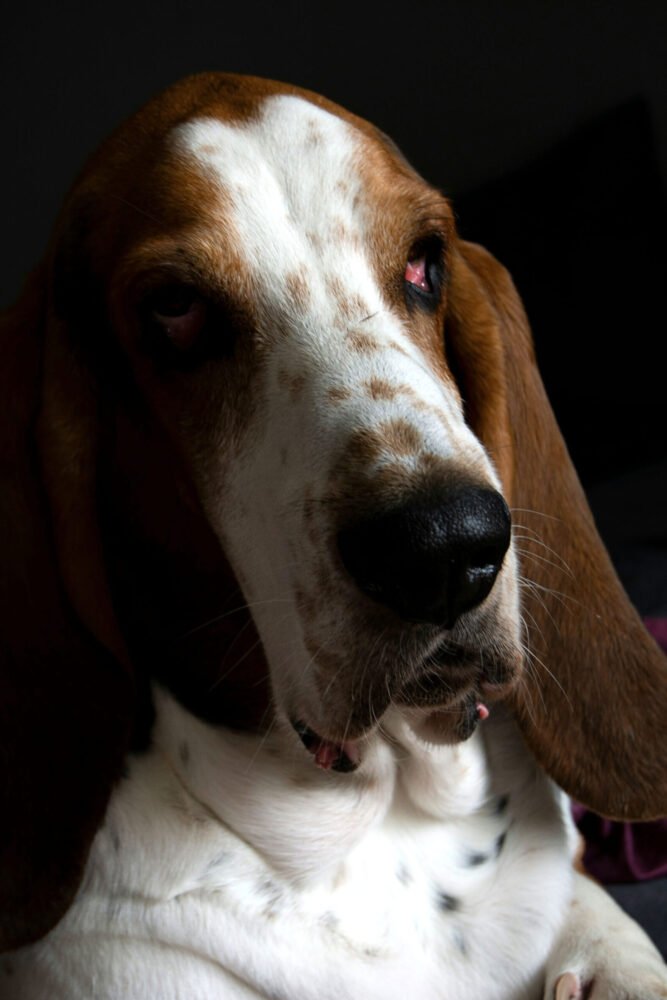Socialising a basset hound is an essential process to ensure your dog grows into a well-behaved, confident, and happy companion. These dogs are naturally friendly but can be a bit stubborn, so consistent socialisation is key. Here’s a step-by-step guide to socialising your basset hound effectively:
Start Early
- Puppy Stage: Begin socialising your basset hound as early as 3–14 weeks of age. This is a critical period for shaping their social behaviours.
- Adult Dogs: If your basset is older, it’s still possible to socialise them, though it may take more patience and time.
Introduce New Experiences Gradually
- People: Expose them to various types of people—children, adults, people wearing hats, and those with different accents or gaits.
- Dogs: Arrange playdates with other well-behaved dogs in controlled settings.
- Environments: Take them to different places like parks, pet-friendly stores, or quiet streets to expose them to new sights, sounds, and smells.
Encourage Positive Interactions
- Use treats and praise to reward calm and friendly behaviour.
- Avoid forcing interactions. If your basset feels scared, back off and let them approach on their own.
Focus on Training
- Teach basic commands like “sit,” “stay,” and “leave it” to maintain control during social interactions.
- Basset hounds respond best to positive reinforcement, so avoid harsh discipline.
Address Specific Behaviours
- Shyness: Gradually expose them to the trigger, rewarding bravery and calm behaviour.
- Overexcitement: Teach impulse control by rewarding calm behaviour and practicing commands like “wait.”
Use Socialisation Classes
- Puppy classes or group training classes can provide structured opportunities for social interaction.
Monitor Body Language
- Basset hounds are generally easy-going but may show signs of stress (e.g., yawning, tail tucked, lip licking). If you notice these, give them space or remove them from the situation.
Consistency and Patience
- Socialisation isn’t a one-time event; it’s a lifelong process. Regularly reinforce positive experiences throughout their life.
Tips for Basset Hounds Specifically
- Scent-driven Nature: They might be more interested in smells than people or other dogs, so use this to your advantage by incorporating scent-based games during socialisation.
- Gentle Temperament: Bassets are generally great with children and other pets, but early introductions ensure smoother interactions.
- Stubbornness: Their independent streak means you’ll need to be patient and persistent.
By taking these steps, your basset hound will become a well-adjusted and sociable member of the family!

